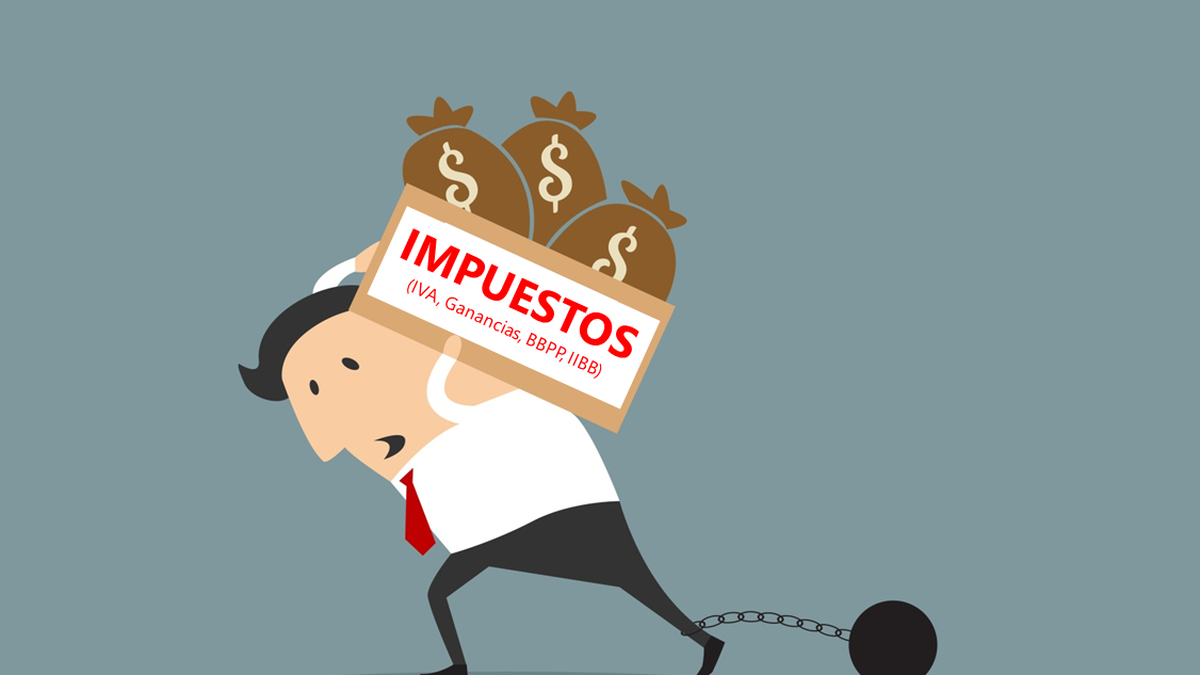The Protocol for Amendment to the Constitution is currently being considered in the Senate of the Nation.Agreement between the Government of the Argentine Republic and the Government of the French Republic in order to avoid double taxation and prevent tax evasion on income and wealth taxes, instrument signed on December 6, 2019.
The CDI originally came into force through Law 22,357, published in the Official Gazette on December 30, 1980, and was modified according to the text of Law 26,276 of 2007.
The amendment protocol that is being sought to be approved modifies section 3 of article 5 and replaces articles 10 and 11, section 2 of article 12 and section 4 of article 13, all of the CDI currently in force. In this regard, it is appropriate to analyse each modification:
- Permanent Establishment, Article 5. It includes the Permanent Establishment of services, when the activities are carried out for a period of more than 183 days, within a period of twelve months.
This point is in line with the United Nations DTA model, which seeks to preserve taxation at source in countries with a lower level of economic development.
- Dividends, article 10. The rate goes from 15% to limited rates for taxation at source of 10% (participation of at least 25% in the capital and permanence for 365 days) and 15%(in other cases), provided that the recipient of the income is the effective beneficiary.
- Interests, article 11. The rate for taxation at source goes from 20% to a maximum rate of 12% when the recipient of the income is the effective beneficiary.
In addition, exemptions at source are incorporated for: a) interest paid in connection with the installment sale of any industrial, commercial or scientific equipment, b) interest on loans granted on preferential terms for more than 3 years.
- Royalties, article 12. The rate has been changed from a general rate of 18% to graduated rates that limit taxation at source to 3%, 5% and 10%, provided that the recipient of the income is the effective beneficiary.
The Protocol establishes that the transfer of technology not registered under the terms of our domestic legislation, as well as the payment of royalties to persons other than the author or rights holders, are subject to a 15% rate.
A more descriptive definition was agreed upon for the “Study or research work of a scientific or technical nature concerning industrial, commercial or administrative methods or procedures”, which is quite similar to the one that our country usually uses to define the scope of the “technical assistance”.
- Capital Gains, Article 13. The tax at source for the sale of shares is limited to 10% (participation of at least 25% in the capital) and 15% (in other cases).
Points 2 to 5, referring to “passive income” and “capital gains,” serve to uniformly align our country’s tax policy on treaties.
- Most-favored-nation clause, point 7 of the Protocol. It was established that the CNMF applies each of the provisions that were the subject of this renegotiation.
This amendment to the protocol means that if Argentina signs a new DTA in the future that establishes lower tax rates for dividends, interest, royalties and capital gains than the one granted to France, these lower rates will also apply to French residents. Similarly, if a new DTA does not include a provision on a permanent establishment of services (and vice versa).
Source: Ambito
I am an author and journalist who has worked in the entertainment industry for over a decade. I currently work as a news editor at a major news website, and my focus is on covering the latest trends in entertainment. I also write occasional pieces for other outlets, and have authored two books about the entertainment industry.




